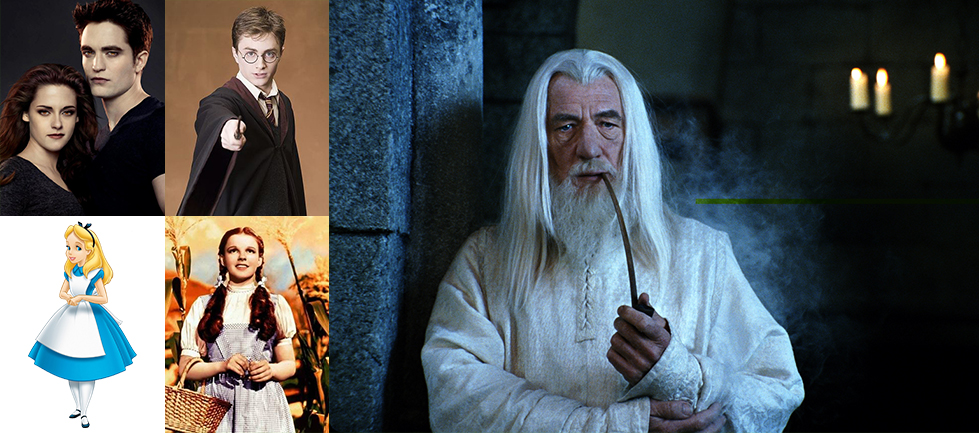A good story will never stand out without a protagonist, hero, or main character (whatever the term). Even the Bible stories and Aesop’s Fables feature some sort of protagonists. The story makes the protagonist, and vice versa.
But what is a good protagonist? A good protagonist is akin to a subject in art. As the most essential piece in a narrative, they are the vessel designed to convey the author’s ideal, message, or thought. It is through their protagonist that a writer is able to project him/herself into the story. In a way, the protagonist acts as the ‘puppet’ of a ‘puppeteer’ who happens to hold a pen.
A protagonist is as good as the story they appear in. Readers often recognize a story, a novel, or a certain poem through its main character(s). (Think of Shakespeare’s Romeo and Juliet; Frodo Baggins in The Lord of The Rings; Harry Potter, Ron Weasley, and Hermione Granger in the Harry Potter series; and Katniss Everdeen in The Hunger Games trilogy.)
I’ve always believed that a great protagonist is one who could see situations from all angles and in different perspectives. While they are prone to human weaknesses, they strive to hold themselves to high standards whenever they could and with strength, confidence, and faith (in the divine and/or in themselves) in tough situations. They may not be perfect but they try their best.
Most protagonists have a spirit about them that can be aggressive yet humbling. They often try to solve problems or handle conflicts in the most peaceful way and within reason, but when things hit rock bottom, they’re not the ones who end up at the bottom of the pile. As readers should expect, protagonists cannot be righteous at all times. A story itself is a progress – a development – of both plot and character. The story builds up the protagonist and for this reason, readers should read the book from cover to cover and not skip a page or chapter so they could witness the protagonist’s transformation and reflect over it.
The main character often possesses certain abilities that make them stand out. In Daughters of Twilight, Dane has an amazing bio: his military background, fighting prowess, expert knowledge of weapons and warfare, and his looks (which helped him get the girl), just to name a few. In some stories, the protagonist may not make their abilities known at the beginning but only in the middle and/or the end of the story, and this development will later influence the plot.
But as a human being, he can also get emotional. Dane feels pain, gets hurt and yes, he cries. Most of all, he experiences love – and the benefits that come with it. On the side, he’s an ideal representation of an ideal human being because he’s strong both mentally and physically (as every human should be). He’s unique, but he’s human just like us.
The development of a protagonist depends on the story and on the whims of the writer/creator. To reiterate, the story builds up the protagonist and exposes them to situations that compel them to reveal the best and worst in them. The story, whatever the genre, is as great as its protagonist, and the writer is as effective as his story and his characters.


Recent Comments